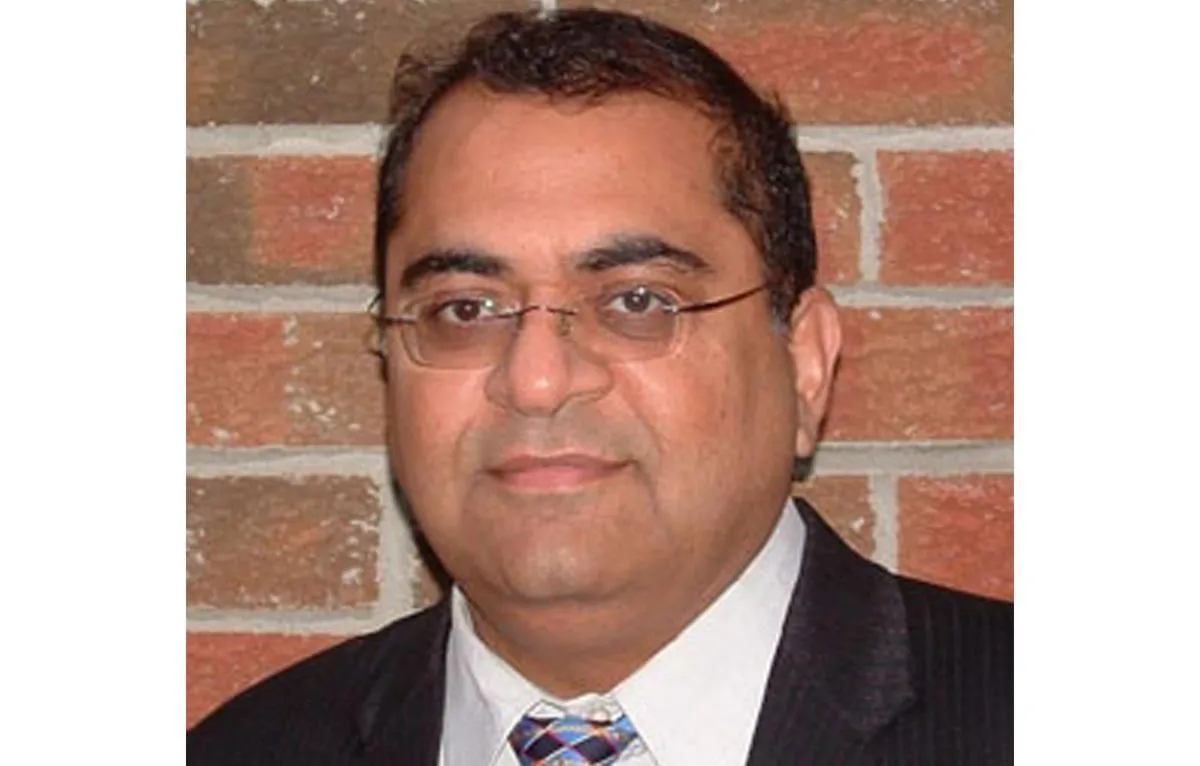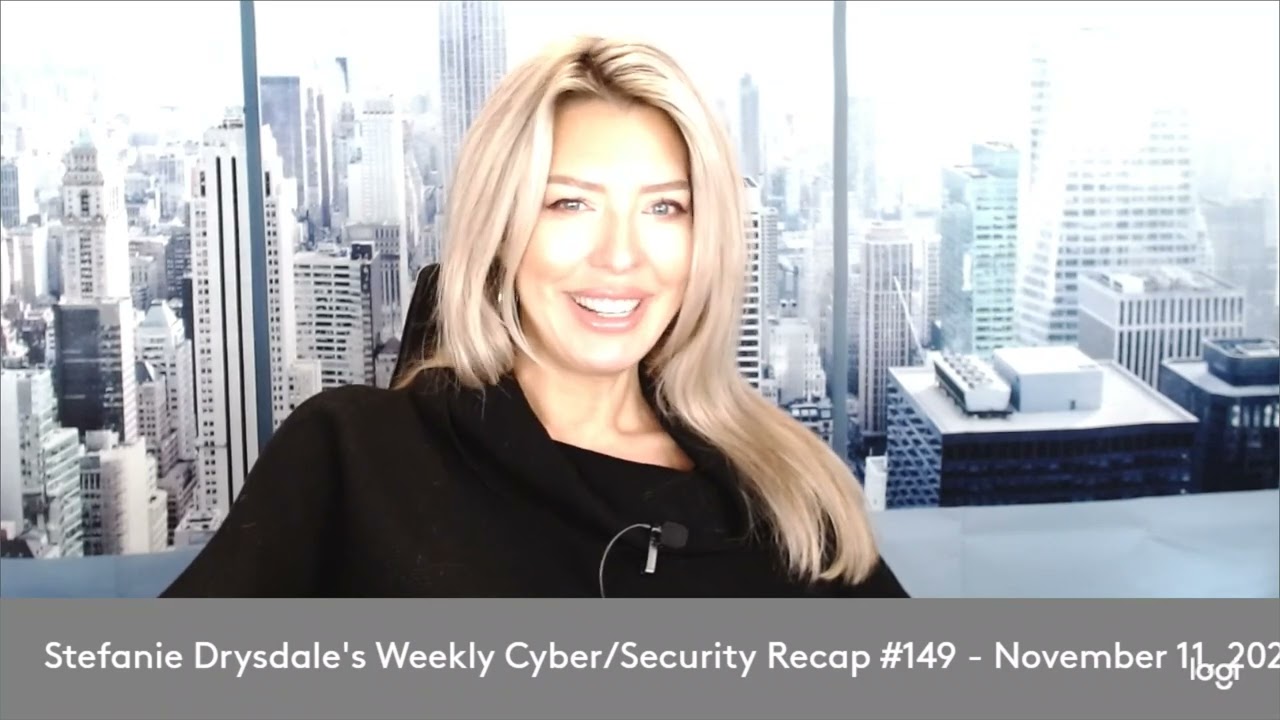Computer Security for Consumer Market Growth, New Trends, COVID-19 Impact and Forecast 2023 To 2028
The MarketWatch News Department was not involved in the creation of this content.
Jan 28, 2023 (The Expresswire) —
Computer Security for Consumer Market Size is projected to Reach Multimillion USD by 2029, In comparison to 2022, at unexpected CAGR during the forecast Period 2023-2029.
Final Report will add the analysis of the impact of Russia-Ukraine War and COVID-19 on this Computer Security for Consumer Industry.
“Computer Security for Consumer Market” Insights 2023 – By Applications (Below 20 Years Old, 20-50 Years Old, Above 50 Years Old), By Types (Network Security, Identity Theft, Endpoint Security, Antivirus Software, Others), By Segmentation analysis, Regions and Forecast to 2028. The Global Computer Security for Consumer market Report provides In-depth analysis on the market status of the Computer Security for Consumer Top manufacturers with best facts and figures, meaning, Definition, SWOT analysis, PESTAL analysis, expert opinions and the latest developments across the globe., the Computer Security for Consumer Market Report contains Full TOC, Tables and Figures, and Chart with Key Analysis, Pre and Post COVID-19 Market Outbreak Impact Analysis and Situation by Regions.
Browse Detailed TOC, Tables and Figures with Charts which is spread across 118 Pages that provides exclusive data, information, vital statistics, trends, and competitive landscape details in this niche sector.
Client Focus
1. Does this report consider the impact of COVID-19 and the Russia-Ukraine war on the Computer Security for Consumer market?
Yes. As the COVID-19 and the Russia-Ukraine war are profoundly affecting the global supply chain relationship and raw material price system, we have definitely taken them into consideration throughout the research, and in Chapters 1.7, 2.7, 4.1, 7.5, 8.7, we elaborate at full length on the impact of the pandemic and the war on the Computer Security for Consumer Industry
TO KNOW HOW COVID-19 PANDEMIC AND RUSSIA UKRAINE WAR WILL IMPACT THIS MARKET – REQUEST SAMPLE
This research report is the result of an extensive primary and secondary research effort into the Computer Security for Consumer market. It provides a thorough overview of the market’s…




